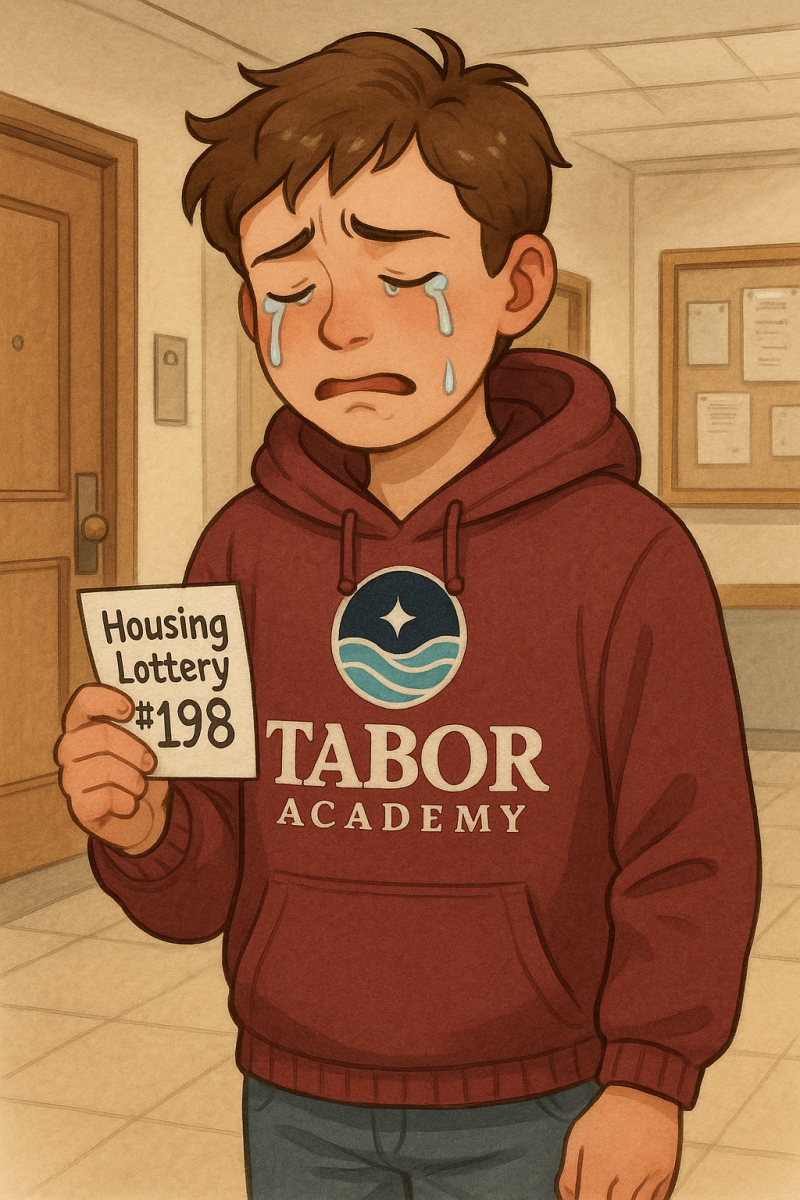ADHD stands for Attention Deficit Hyperactivity Disorder. This acronym boils down to the inability to properly focus or to have an above-average amount of energy. ADHD is one of the most common neurodivergent disorders among children and continues into adulthood. Approximately 5% of children and 2.5% of adults worldwide have been diagnosed with ADHD.
The symptoms of ADHD fall into two main categories: inattention and hyperactivity-impulsivity. Symptoms of inattention manifest as difficulty in focusing on tasks, keeping track of belongings, and/or avoiding distractions. On the other hand, hyperactivity and impulsivity include behaviors like fidgeting, talking excessively, interrupting others, or acting with little self-control. Some people with ADHD mainly show inattentive symptoms, while others have more hyperactive and impulsive traits. Many have a mix of both.
Silvia Thompson ‘26 explained that everyone can adjust their attentivity within a range: one can dial their focus down to 30% during a math lecture and dial it up to 80% during a graded discussion. However, individuals with ADHD are often at either 0% or 100%, with no common ground in between.
On two polarized ends, ADHD individuals are struggling with a natural, inner force that drags them back and forth. Yet, with a lack of ADHD awareness, interpersonal judgments from teachers, friends, and even family members can be wrong and very hurtful.
A common misunderstanding is that ADHD students have a “learning disability.” Indeed, students with ADHD often have a hard time staying focused in classes, but their inattention does not equate to a deficit in ability.
“One of the struggles I faced when getting diagnosed was that I performed well at school,” said Alex Abu-Raya ‘26, “but really, it did take me a lot of extra energy to maintain my attention and school performance.”
Fortunately, Tabor supports ADHD students’ accommodations. The ASSIST Center provides study strategies, as well as a warm and positive learning atmosphere for all students. Yet, many ADHD students still express the need for a deeper and more accurate understanding regarding ADHD among faculties and students.
“People usually think of ADHD as somebody who is more hyperactive and prone to outbursts. So, when I told people I have ADHD, I got a lot of shocked reactions because I don’t fit into the stereotype. It also manifests differently in girls, which tend to be ignored because they don’t fit into stereotypical ADHD students,” Alex added.
“It’s important to understand how different people learn and perceive the world,” said Silvia.
In addition to academic performance, ADHD influences social life.
“Before I was diagnosed, it was hard to maintain social connections because I felt constantly drained,” Alex commented. It wasn’t until later that she reconciled with herself. “I realized I was feeling off because my brain works differently and I just didn’t quite understand it at first.”
“I think differently than others,” said Silvia. She is grateful for being surrounded by lovely and understanding friends.
Like culture and upbringing, ADHD also creates a distinct way of thinking. Unlike these beliefs, one’s mind has little power in changing their ADHD situation.
Alex expressed the growth she has gained from battling ADHD. “Whenever I have a lot of things on my plate, my mind wants to work on everything at once. In some ways, ADHD forces me to become very organized because I will get nothing done if I don’t break everything down and make lists of what to do.”
Silvia, on the other hand, suggests a broader definition of excellence. “School is really important, but we should understand that school is not necessarily a reflection of intellect and potential in the real world.”
In all cases, understanding between diverse individuals forms through the initiatives we take to learn each other’s unique ways of learning and to respect our own and each other’s feelings.
Here are some tips for supporting individuals with ADHD and cultivating a more inclusive environment for everyone:
- Avoid categorizing ADHD individuals. Don’t enforce any assumptions and stereotypes before knowing who they are as a person.
- Encourage friends showing a few ADHD symptoms to consult doctors, instead of self-doubting.
- Be understanding and supportive toward your ADHD friends. Initiate conversations and actively communicate to share feelings and reduce misunderstandings.
- Be educated. Get information from credible sources. Listen to ADHD individuals’ voices, learn their experiences, and be a leader to help advocate for ADHD issues at home, at Tabor, and beyond.
ADHD should never be a divider: it is another door toward a more united and diverse community. October is ADHD awareness month. While this October has just concluded, the journey of enhancing our awareness of neuro-diverse individuals continues.
Reference:
NIMH. “Attention-Deficit/Hyperactivity Disorder.” National Institute of Mental Health, U.S. Department of Health and Human Services, www.nimh.nih.gov/health/topics/attention-deficit-hyperactivity-disorder-adhd. Accessed 29 Oct. 2024.




















